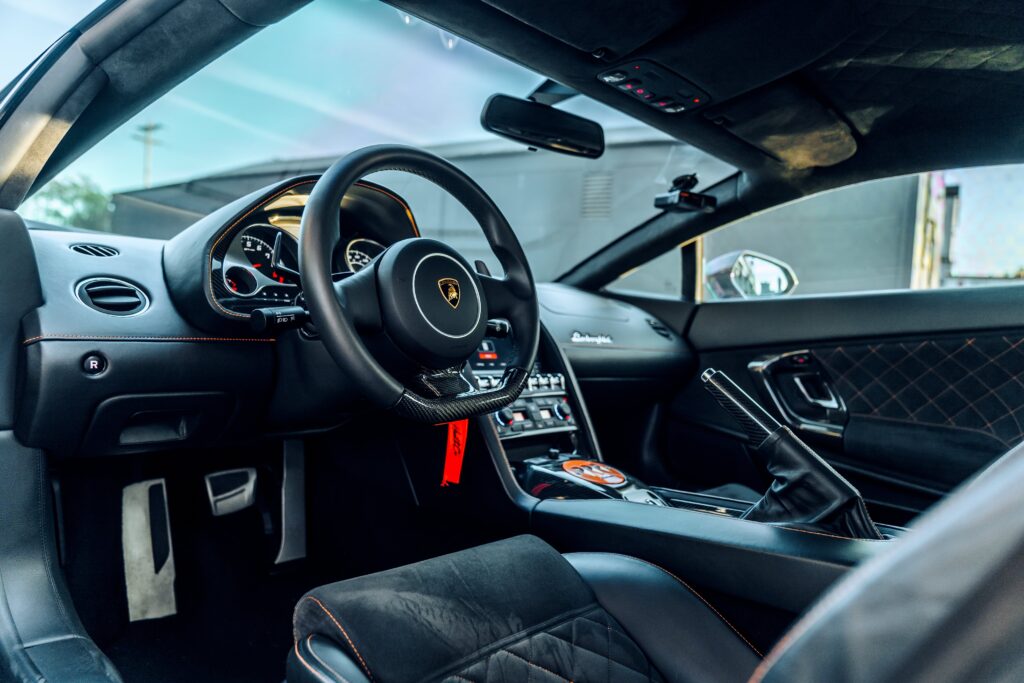Lamborghini’s chief executive says the brand’s passion still lives in the roar of combustion engines. The Italian supercar maker plans to keep them running for at least another decade before going fully electric.
Hybrids take centre stage
At Lamborghini’s London showroom, CEO Stephan Winkelmann said enthusiasm for electric cars is cooling down. He believes this creates space for Lamborghini to invest deeper in hybrid performance rather than switching entirely to electric.
The company will decide within weeks whether its long-awaited grand tourer, the Lanzador, will debut as a pure electric vehicle or a plug-in hybrid. Winkelmann stressed that Lamborghini remains socially responsible but noted that its small production scale limits its environmental impact.
Built for speed, sound, and emotion
Lamborghini, part of the Volkswagen Group, currently builds three main models. The Temerario and Revuelto are plug-in hybrid supercars that pair powerful petrol engines with electric motors. They can drive short distances on electric power but are designed for performance and passion.
The Urus, Lamborghini’s luxury SUV, comes in both plug-in hybrid and petrol versions. It may be less dramatic than the brand’s supercars, but it makes up more than half of all sales.
The exclusive Fenomeno crowns the lineup. With a top speed over 215 mph, only 30 examples will ever exist. Each costs at least €3 million before taxes.
Electric future on pause
Two years ago, Lamborghini planned to launch an all-electric successor to the Urus by 2029. That project is now postponed until at least 2035.
The future of the Lanzador is also uncertain. Winkelmann said Lamborghini is rethinking whether to stick with a fully electric concept or make it a hybrid.
“Today, enthusiasm for electric cars is going down,” he said. “We see a big opportunity to keep internal combustion engines and batteries working together longer than expected.”
The emotion of sound remains essential
For Winkelmann, Lamborghini’s essence lies in its engine noise and raw power. “Our customers still want the sound, the vibration, and the emotion of a combustion engine,” he said.
This position separates Lamborghini from its rival Ferrari, which will launch its first fully electric car, the Elettrica, next year. Ferrari promises that even without the engine’s roar, its soul will stay intact.
Realistic responsibility
Winkelmann said Lamborghini acknowledges the global demand to reduce emissions but stays realistic about its limited effect. “We sell 10,000 cars in a world that produces 80 million a year, so our CO₂ impact is small,” he said.
He added, “We are socially responsible, but our influence is modest.”
From 2035, the EU and UK plan to ban the sale of new petrol and diesel cars, including plug-in hybrids. Yet carmakers continue to lobby for more time, citing industrial and economic challenges.
If regulations soften, combustion engines could stay on the market beyond 2035. The UK’s rules also allow small manufacturers — those producing under 2,500 cars a year — to continue. Lamborghini, which sold 795 cars in the UK last year, easily qualifies for that exemption.


